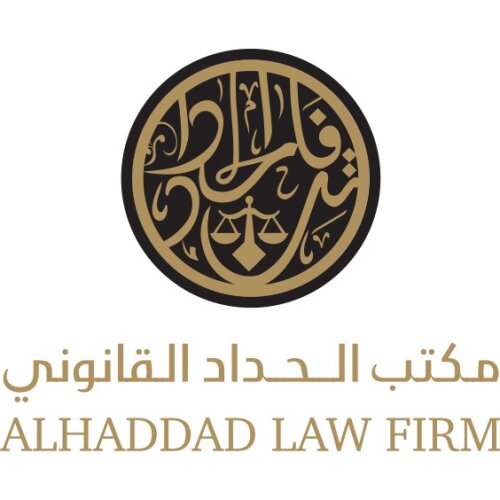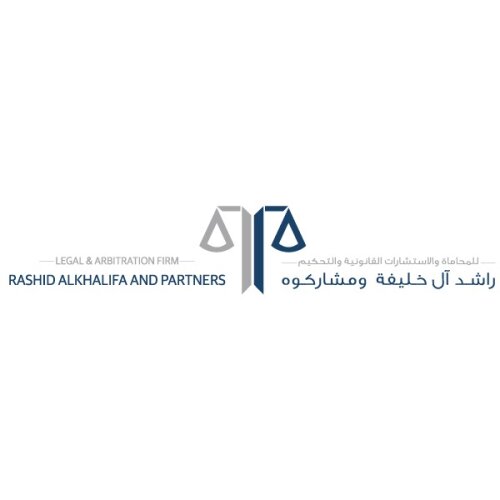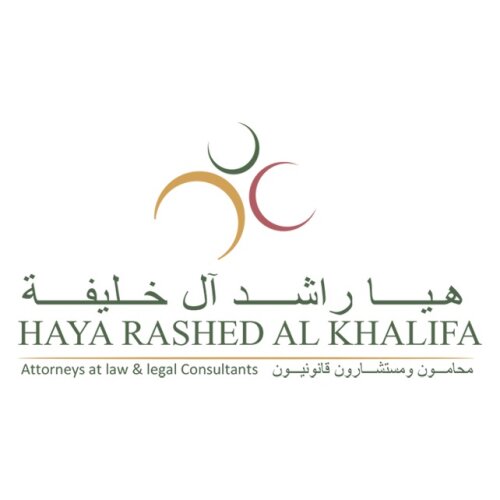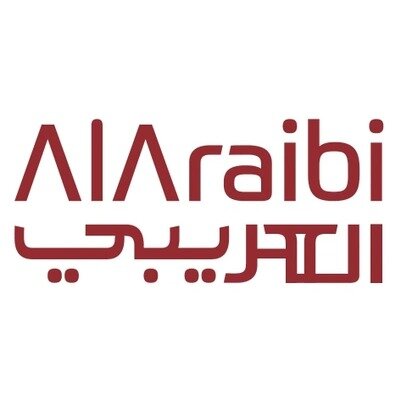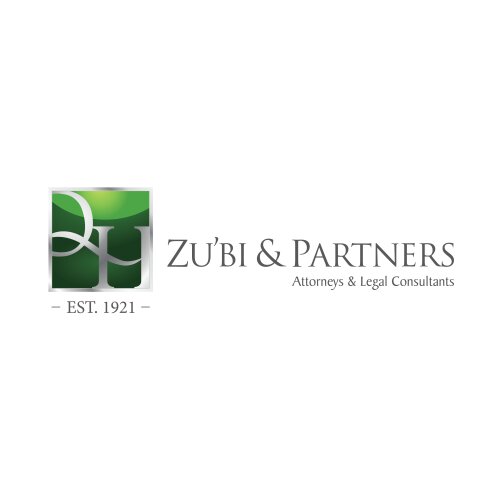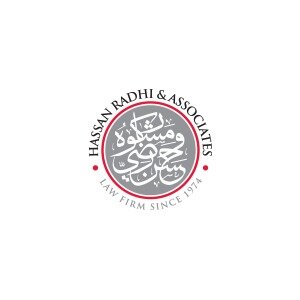Best Structured Finance Lawyers in Manama
Share your needs with us, get contacted by law firms.
Free. Takes 2 min.
List of the best lawyers in Manama, Bahrain
About Structured Finance Law in Manama, Bahrain
Structured Finance is a specialized area within financial law that deals with complex transactions involving pooling financial assets and redistributing associated risks. In Manama, Bahrain, Structured Finance is strongly influenced by both conventional financial principles and Sharia compliance due to the country’s dual banking system. Manama, as Bahrain’s capital and financial hub, is home to a robust legal and regulatory framework that supports intricate financial arrangements such as securitizations, asset-backed securities, sukuk (Islamic bonds), and other capital market products. The Central Bank of Bahrain plays a significant role in overseeing and shaping the regulatory environment to foster innovation while maintaining market integrity.
Why You May Need a Lawyer
Structured Finance transactions are highly technical and involve layers of legal documentation, risk allocation, and financial structuring. You may need a legal expert in situations such as:
- Structuring and issuing sukuk or conventional bonds
- Securitizing assets such as mortgages, loans, or receivables
- Negotiating and drafting complex financing agreements
- Ensuring compliance with local and international financial regulations
- Resolving disputes arising from structured financial transactions
- Navigating Sharia compliance in Islamic finance structures
- Advising on cross-border funding and investments
- Restructuring existing financing deals
- Assisting with due diligence for investors and issuers
- Guidance during regulatory approvals and reporting
Local Laws Overview
Bahrain’s legal system for Structured Finance is a mix of civil law, common law principles, and Sharia principles for Islamic finance products. Key aspects relevant to Structured Finance include:
- The Central Bank of Bahrain (CBB) is the main regulatory authority overseeing all banking and capital market activities.
- The CBB Rulebook provides detailed regulations for both conventional and Islamic Structured Finance transactions.
- Special attention is given to regulatory capital, disclosure requirements, and risk management in any structured product offering.
- Sukuk and other Islamic instruments must comply with Sharia principles as interpreted by recognized Sharia boards.
- Bahrain Bourse offers listing and trading of debt securities, including asset-backed and Islamic instruments.
- Legal documentation and contractual obligations are enforceable through Bahrain’s dedicated financial courts.
- Foreign investors participate freely, but some transactions may require notification or approval from the CBB.
- Anti-money laundering (AML) and know your customer (KYC) regulations are strictly applied in all financial transactions.
Frequently Asked Questions
What is Structured Finance?
Structured Finance refers to complex financial transactions that involve pooling assets and creating securities that redistribute risk and return. Common examples include securitization, collateralized debt obligations, and sukuk.
Who regulates Structured Finance transactions in Bahrain?
The Central Bank of Bahrain regulates Structured Finance transactions, sets rules for capital markets, ensures compliance, and monitors market integrity.
Is Islamic finance treated differently from conventional finance in Bahrain?
Yes, Islamic finance follows Sharia principles, so products like sukuk must be structured to comply with religious rules. The CBB has specific rules for Islamic financial products.
Can foreign investors participate in Structured Finance deals in Bahrain?
Yes, Bahrain encourages foreign investment, and non-residents can participate in Structured Finance transactions, subject to certain regulatory requirements and disclosures.
What types of assets are commonly securitized in Bahrain?
Commonly securitized assets include real estate mortgages, corporate loans, auto loans, trade receivables, and in Islamic finance, tangible assets or leased assets.
How are Structured Finance disputes resolved?
Disputes are resolved through Bahrain's dedicated financial courts or, in some cases, through arbitration if the contract includes an appropriate clause.
Are Structured Finance contracts enforceable in Bahrain?
Yes, as long as they comply with local laws and regulations, including regulatory approval and Sharia compliance where applicable, contracts are enforceable by Bahraini courts.
What is required to list structured finance products on the Bahrain Bourse?
Listing requires compliance with the Bourse’s rules as well as approval by the CBB. This includes due diligence, disclosure, and ongoing reporting requirements.
What are the tax implications of Structured Finance transactions in Bahrain?
Bahrain is largely tax-free for both individuals and businesses, and there is typically no corporate or personal income tax on Structured Finance transactions. However, legal advice is recommended as regulations can change.
Why is legal due diligence important in Structured Finance?
Due diligence helps identify legal, regulatory, and commercial risks. It is essential to ensure compliance, proper risk allocation, and to protect the interests of all transaction participants.
Additional Resources
Individuals or businesses seeking more information or help regarding Structured Finance should consider these key resources in Bahrain:
- Central Bank of Bahrain (CBB) - Regulates banks, capital markets, and insurance companies, and issues the relevant rulebooks
- Bahrain Bourse - Provides listing and trading infrastructure for structured products
- Bahrain Chamber for Dispute Resolution (BCDR) - Handles commercial and financial disputes
- Bahrain Association of Banks - Offers guidelines and updates on banking practices
- Bahrain Economic Development Board - Supports foreign investment and provides market information
- Local law firms with financial and Sharia expertise
Next Steps
If you require legal assistance in Structured Finance in Manama, Bahrain, you should:
- Define your goals and prepare documents related to your transaction or proposed structure.
- Consult a local law firm or legal advisor experienced in Structured Finance and familiar with Bahrain regulations and market practice.
- Request an initial meeting or consultation where you can discuss your objectives, potential deal structures, and any regulatory hurdles you may face.
- Work with your legal advisor to carry out due diligence, negotiate and draft transaction documents, and coordinate with relevant authorities such as the CBB and Bourse.
- Keep records of all agreements, regulatory approvals, and correspondences for future reference or compliance checks.
Timely and expert legal advice is essential to protect your interests, remain compliant, and successfully manage complex Structured Finance transactions in Manama, Bahrain.
Lawzana helps you find the best lawyers and law firms in Manama through a curated and pre-screened list of qualified legal professionals. Our platform offers rankings and detailed profiles of attorneys and law firms, allowing you to compare based on practice areas, including Structured Finance, experience, and client feedback.
Each profile includes a description of the firm's areas of practice, client reviews, team members and partners, year of establishment, spoken languages, office locations, contact information, social media presence, and any published articles or resources. Most firms on our platform speak English and are experienced in both local and international legal matters.
Get a quote from top-rated law firms in Manama, Bahrain — quickly, securely, and without unnecessary hassle.
Disclaimer:
The information provided on this page is for general informational purposes only and does not constitute legal advice. While we strive to ensure the accuracy and relevance of the content, legal information may change over time, and interpretations of the law can vary. You should always consult with a qualified legal professional for advice specific to your situation.
We disclaim all liability for actions taken or not taken based on the content of this page. If you believe any information is incorrect or outdated, please contact us, and we will review and update it where appropriate.




